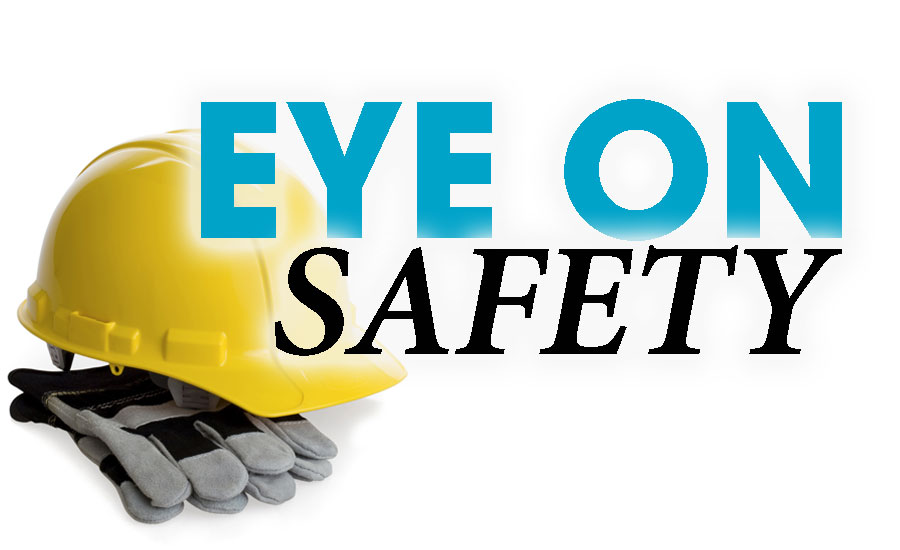Few business activities conjure up as muchanticipation and apprehension as the hiring of a new employee.
When it comes to a safety position, we often are faced with a difficult decision in choosing a candidate for his/her leadership skills or technical expertise.
Consider a familiar scenario. During the interview process three individuals emerge as top candidates. The first candidate has significant safety experience and a degree in safety management. The second candidate is a safety professional within the company who appears ready for promotion to the position. The third candidate has never held a safety position in his working career and comes from another industry. However, he is a proven leader. Is he competitive with the first two candidates who are well-qualified and come highly recommended?
Who do you choose?
The more immediate answer might be to hire the professional with the greatest level of technical expertise. But
technical skill without leadership could be a shortsighted decision. Technical skills and self-mastery alone allow one to be an outstanding individual contributor. The true goal of any hiring process should be finding the individual who can take the organization to the next level of performance.
Technical skill provides the foundation to be an expert in a field over time. It is acquired through formal training. While technical skills are important, they are not the skills essential to run an organization. Individuals must possess leadership skills in order to drive an organization to a higher level of performance. Leaders not only know the importance of strategic goals, tactical execution and motivating employees, but they also can successfully execute against those objectives. To lead, you need an additional interpersonal skill set. You must listen, communicate, persuade and collaborate.
Common leadership qualities include:
- Embracing change;
- Inspiring others to success;
- Understanding the balance of risk and reward;
- Adaptable and creative;
- Deliver new ideas;
- Confident and positive; and
- Committed to the organization and its employees.
The make or break quality
Why do the above qualities emerge as the make-or-break hiring skill set? For one, leadership is the art of accomplishing goals through other people. You can be the most brilliant innovator, problem-solver or strategic thinker, but if you can’t inspire and motivate, build relationships or communicate powerfully, those talents will get you nowhere. Author Daniel Goleman says “social intelligence” is the secret sauce in top-performing leaders. Goleman asserts, “Lacking social intelligence, no other combination of competences is likely to get much traction.”
The proven leader is effective because of his/her ability to think differently and not feel beholden to a certain way of doing things. They are more willing to take risk knowing the rewards are worth it. They are not afraid to fail. They adapt to external factors and challenge the status quo.
There is another critically important rule of thumb. Some competencies matter more than others, particularly at the high levels of leadership. For C-level executives, technical expertise matters far less than the art of influence.
“Making Yourself Indispensable,” by John H. Zenger, Joseph R. Folkman, and Scott E. Edinger, makes a strong point that a leader’s competencies are synergistic. The more diverse competencies a leader displays as strengths, the greater his/her business results. Why? They naturally inspire confidence, respect, hard work and loyalty.
Leaders view adversity and obstacles as opportunities to excel and not crutches for failure. They yearn to be in charge. They take ownership, accountability and believe the best ideas come from those in the organization closest to the problem, which rarely is the immediate staff. They always do what is morally right, not what is convenient.
Proven leaders clearly articulate their expectations and keep the team focused on goals and objectives. They confront those who don’t meet expectations in the form of coaching. They never put employees in a position to fail. Proven leaders have an uncompromising commitment to excellence and hold themselves accountable for their actions and the actions of their subordinates. They don’t pass blame. And above all else they lead by example and make it clear safety is the top priority.
Guatam Mukunda goes further and states, “Great leaders don’t need experience.” His 2012 Harvard Business Review research shows the best leaders tend to be outsiders who don’t have a great deal of experience. The outsider is unfiltered and is not influenced by the current company culture. He brings in fresh ideas and develops his own opinions on personnel. He views strategic and tactical plans and approaches differently based on the mission of the organization.
How do you spot this skill set during a round of interviews? Watch carefully to see if he/she talks to everyone while in the office, not just the people who might be helpful to him/her. Does the candidate ask about the other people or engage in a self-centered monologue? At the same time, does he/she talk about themselves in a natural way? At the end of the conversation you should feel you know the person, not just their qualifications.
I wouldn’t use such subjective measures alone — you’re better off to combine them with best practices on hiring — but don’t discount the power of relationship and rapport a leader can and should be able to quickly build.
When it is all said and done, there is no substitute for proven leadership.

